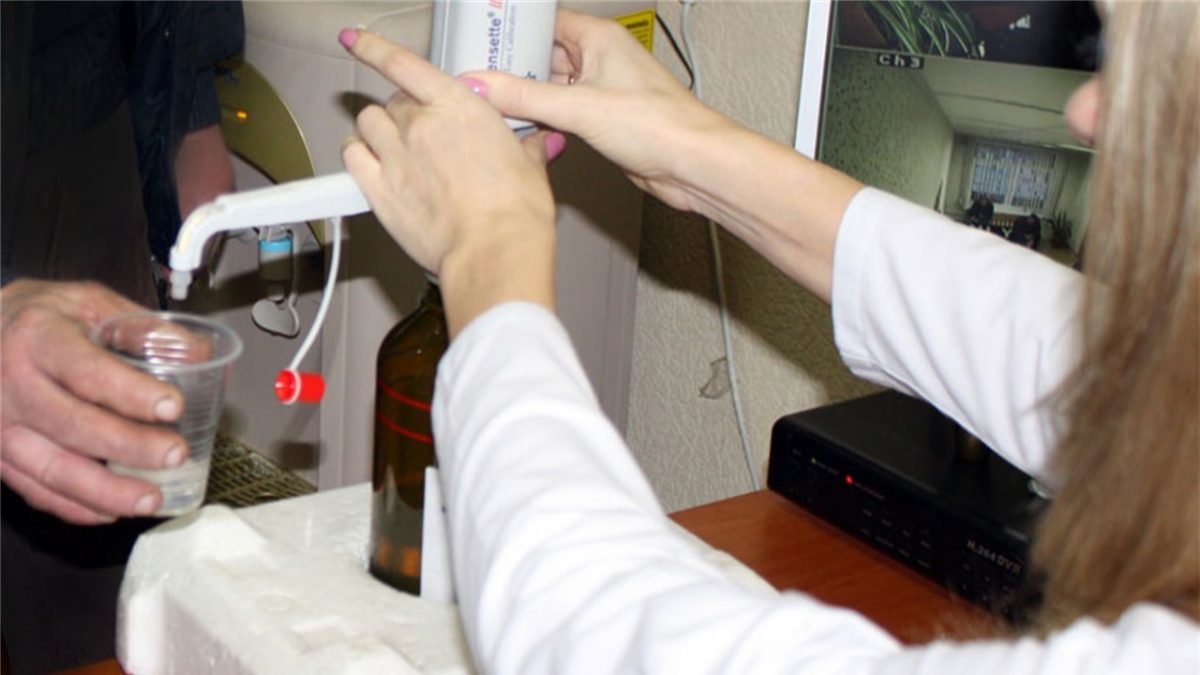The fact that in the city of Orhei (Republic of Moldova) there was no OST site for several years, we have already written here earlier. And only almost two years after the first case of this situation was documented in the REAct system, this problem was finally resolved. But let’s take a closer look from the beginning.
Since 2015, 40 patients from Orhei have had to travel 100 km to Chisinau every day to receive substitution therapy drugs. This fact created many difficulties for them, including travel costs and employment problems. People with disabilities faced particular obstacles since it was very difficult for them to physically overcome such distances on a daily basis, as well as women who had no one to leave their children with. This also led to an overload of the substitution therapy site in Chisinau, which served 150 patients, including those from Orhei.
In early 2020, REAct (a tool for systematic monitoring of violations of rights at the community level) was launched in Moldova. A REActor from Orhei recorded 27 appeals about the barriers that patients have to overcome in order to get their medicine.
Nikolay *
Moldova, April 2020
I am a client of methadone substitution therapy, every day I have to travel from the city of Orhei to the city of Chisinau to get the medication. For many years politicians have been promising to open an OST site in our city, but for various reasons, this remains only a promise. Despite the fact that there is methadone in the country, and in our city there is a narcology treatment. I can’t get a job and provide for my family.*name changed
NGO “Positive Initiative”, coordinating the implementation of the REAct system in Moldova, together with other organizations and stakeholders in the country, initiated a dialogue with local authorities, with UNODC Moldova, with the Republican Narcological Dispensary, and with the Ministry of Health of the Republic of Moldova. Despite the fact that back in December 2019, the Ministry of Health adopted Order No. 1378 on the opening of an OST site in Orhei, until mid-2021, no real action was taken due to the reluctance of the management of the medical institution to serve drug users.
That is why on August 18, 2021, a lawyer representing the NGO “Positive Initiative” filed an application to the Council for the Prevention and Elimination of Discrimination and Ensuring Equality, in which he argued that the absence of an office for issuing opioid substitution therapy in Orhei was a violation of patients’ right to access health services.
“As they say, one is not a warrior in the field. And if we want to achieve systemic changes in the country, then we should combine our efforts and act as a single mechanism. Cooperation of all interested players is the key to victory. In our case, we colaborated with the National HIV Program, Moldova’s Chief Narcologist, partner organizations, representatives of regional networks and, most importantly, the patients themselves. ” – says Ruslan Poverga, General Director of OA “Positive Initiative”.
A lot of efforts were made, many meetings were held at various levels, many promises were heard and again many meetings … A video appeal was even recorded on behalf of the non-governmental sector in order to attract the attention of the public and the press.
Time passed, but the situation remained unchanged for a long time. But nevertheless, every action brought us closer to the goal. And finally, on October 25, 2021, the substitution therapy center in the city of Orhei opened!
The beneficiaries, in disbelief, came to the site yesterday and received theie medication. For most of them, it took 15 minutes, instead of the 4 hours previously spent daily. People who are overcoming addiction are grateful that now many of them can get a job near their home and they no longer need to spend money and time to travel to another city to get medicine. It is very pleasant that with joint efforts we managed to open this point! Every person in our country has the right to health, regardless of their place of residence and the degree of their vulnerability.


